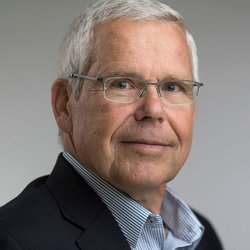Compliance as the basis of our day-to-day work
The strategic focus on ensuring compliance is firmly anchored in the Diaconal Corporate Governance Code and has been expanded to include the establishment of a Compliance Management System. This preventive approach demonstrates the importance we attach to compliance. Compliance is a responsibility of management, to be embodied, supported and practised by the Executive Board and the management team. This is the only way to ensure that compliance becomes the basis of the day-to-day work of all staff. The success or failure of the work of Diakonie Katastrophenhilfe relies on the trust of donors, member and partner organisations and the public. If this trust is to be safeguarded, the everyday tasks and challenges must be implemented in compliance with the rules. Over and above this, all rules and processes are continuously reviewed and, where necessary, improved. This is the only way to ensure that risks are identified, reduced or avoided in good time.

